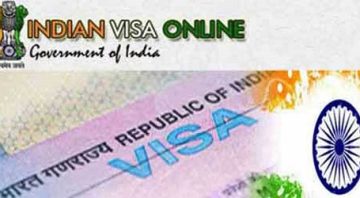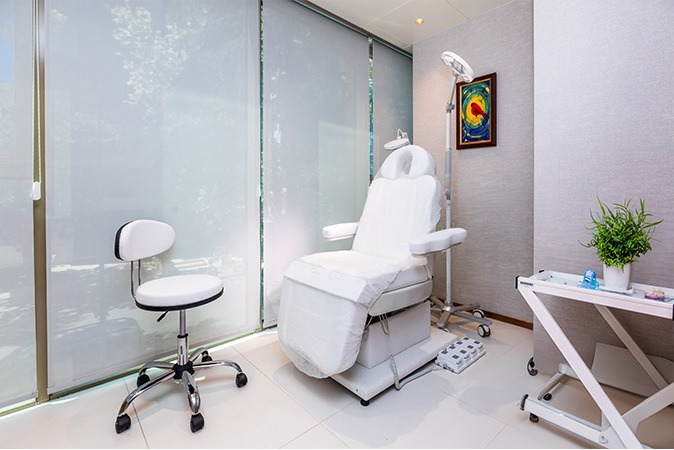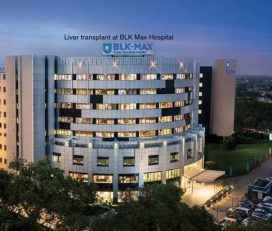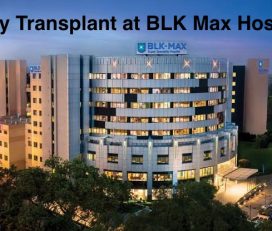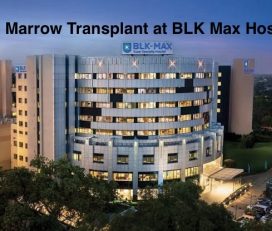
Medical Tourism in Tunisia
Health is the backbone of any country, whether it is developed or developing. Usually, the government’s economic development depends on how well they apply health implementation. Health tourism is a considerable tool in broadening the economy of the country.
In later a long time, Tunisia has seen steady growth in this range which has moved it to the level of driving countries on the international scene.
Consequently, on the African landmass, Tunisia positions 2nd after South Africa in well-being tourism. Globally, Tunisia is the favorite destination for thalassotherapy after France.


